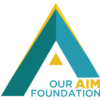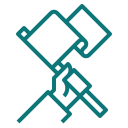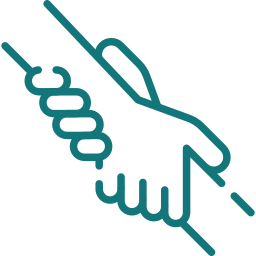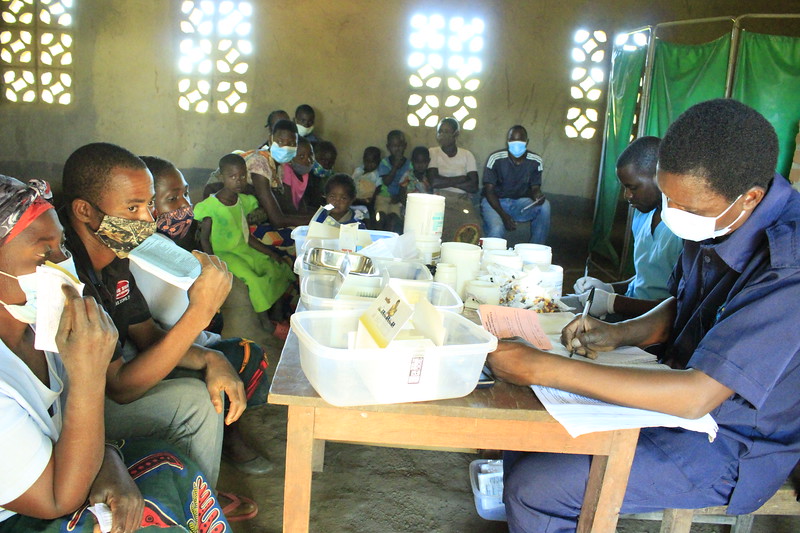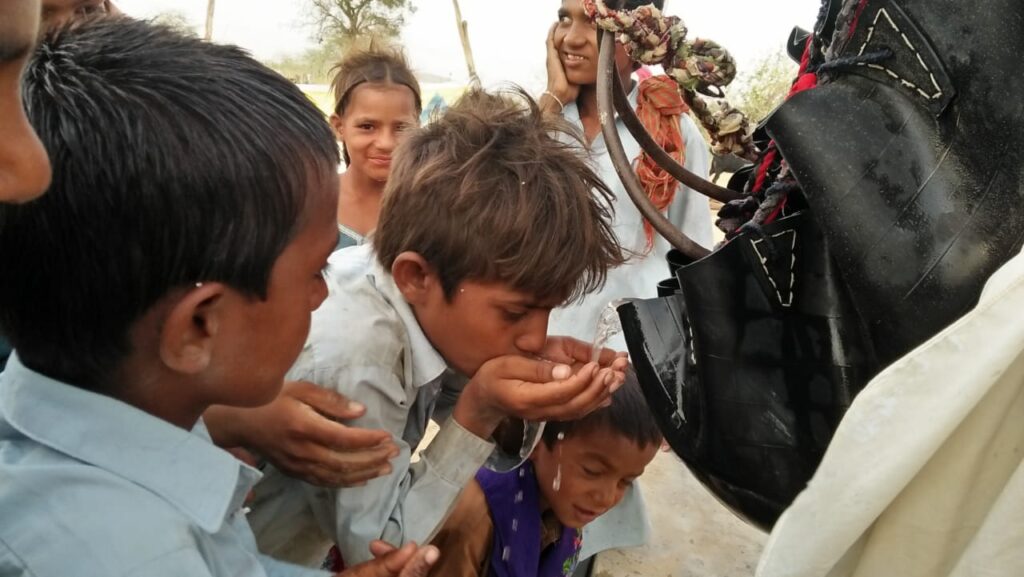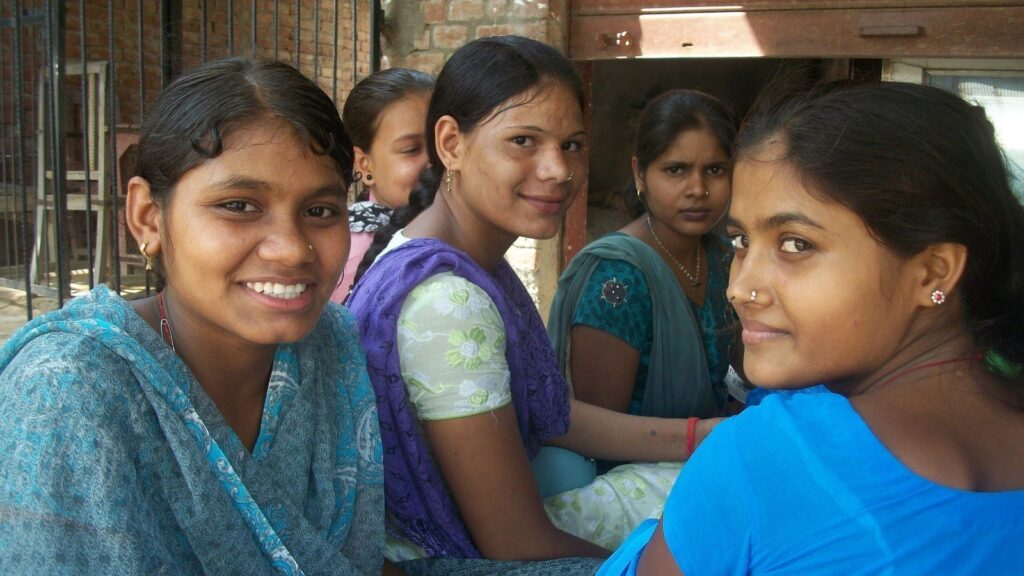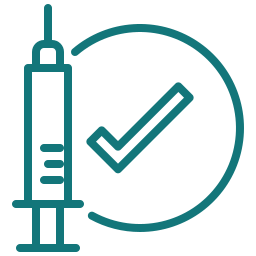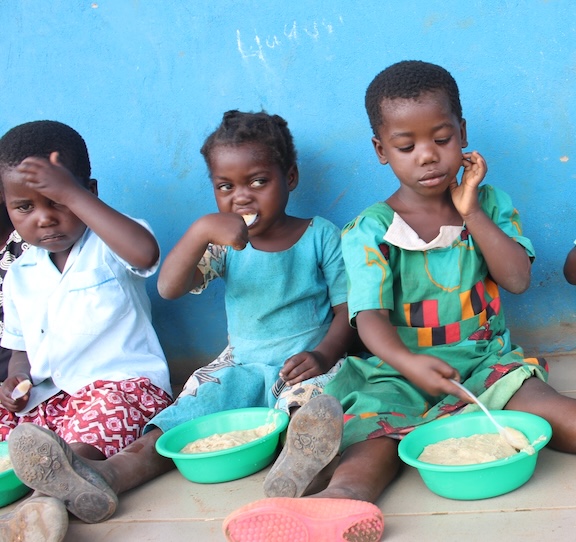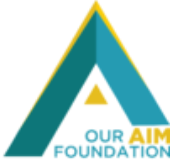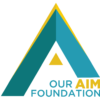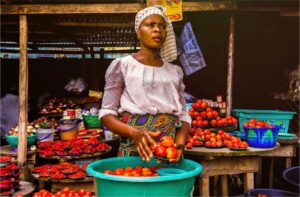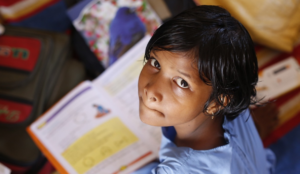Breaking the Cycle of Poverty: The Role of Education in Transforming Lives in Pakistan
Pakistan, a country with a population exceeding 240 million, faces considerable challenges in providing quality education to its citizens.
Poverty is more than just a lack of money—it’s a complex web of challenges that affect every aspect of life, including education.
In Pakistan, millions of underprivileged children and young adults are trapped in a cycle of poverty that makes access to quality education a distant dream.
However, education holds the key to transforming their lives and breaking this cycle.
In this blog, we’ll explore the impact of poverty on education in Pakistan, the difficult life conditions faced by the poor, the most underprivileged areas in terms of education, and how education can transform the lives of people.
The Harsh Reality of Poverty
In Pakistan, poverty is a harsh reality for many families. It means living in cramped, makeshift homes, lacking basic necessities like clean water and electricity, and often enduring inadequate health and sanitation conditions.
For children in these environments, the road to education is fraught with obstacles. Economic pressures force many to work from an early age, contributing to their family’s income instead of attending school.
In rural areas, the nearest school might be miles away, with unsafe routes and limited transportation options. For girls, cultural barriers and early marriages further restrict their educational opportunities.
Education in Underprivileged Areas
Certain regions in Pakistan face acute educational deprivation due to a combination of poverty, cultural attitudes, and infrastructure limitations.
Balochistan, the country’s largest and most sparsely populated province, struggles with low literacy rates and significant gender disparities in education.
In rural Sindh, children often work in the fields instead of attending school, perpetuating a cycle of poverty.
The former Federally Administered Tribal Areas (FATA) and parts of Khyber Pakhtunkhwa have been disrupted by conflict, causing damage to educational infrastructure and creating instability.
How Education Can Change Lives
Despite these challenges, education has the potential to transform lives and uplift entire communities. Here’s how:
Empowerment and Opportunities:
Education equips individuals with knowledge and skills that open doors to better jobs and economic opportunities.
An educated individual can break free from the limitations of poverty and pave the way for future generations.
Health and Well-being:
Education promotes better health choices, as educated individuals are more likely to understand the importance of hygiene, nutrition, and preventive healthcare.
This leads to healthier families and communities.
Gender Equality:
When girls are educated, they tend to marry later, have fewer children, and contribute more to the economy.
This has a ripple effect that benefits entire communities, promoting gender equality and reducing poverty.
Social Mobility:
Education can be a stepping stone to social mobility, allowing individuals from underprivileged backgrounds to climb the socio-economic ladder and contribute to societal progress.
Addressing the Educational Divide
To make education a reality for all, Pakistan needs a multi-faceted approach that addresses the root causes of educational inequality. Here’s what can be done:
Invest in Infrastructure:
Building more schools, improving existing ones, and providing essential resources like books, technology, and qualified teachers are crucial steps.
Support Families Financially:
Programs like scholarships, conditional cash transfers, and school meal programs can incentivize families to prioritize education over child labor.
Community Engagement:
Engaging with local communities to change cultural attitudes towards education, especially for girls, can create lasting change.
Partner with NGOs and International Organizations:
Collaborating with external organizations can bring additional resources and expertise to tackle educational disparities.
Final Thoughts
Education has the power to break the cycle of poverty and create a brighter future for underprivileged people in Pakistan.
By addressing the challenges head-on and investing in education, we can empower individuals, promote social and gender equality, and drive societal progress.
he journey is long and the obstacles are many, but the promise of a better tomorrow is worth every effort. Let’s work together to make education a reality for all.
Join Us in Making a Difference
At Our Aim Foundation, we are dedicated to creating lasting change through education.
But we can’t do it alone. We invite you to join us in our mission to bring education to every corner of Pakistan.
Whether you volunteer your time, donate resources, or spread the word about our work, your support can make a real difference in the lives of countless children.
Together, we can break the cycle of poverty and build a brighter future for all. Let’s make education a reality for every child in Pakistan. Join us in this journey of hope and transformation.
